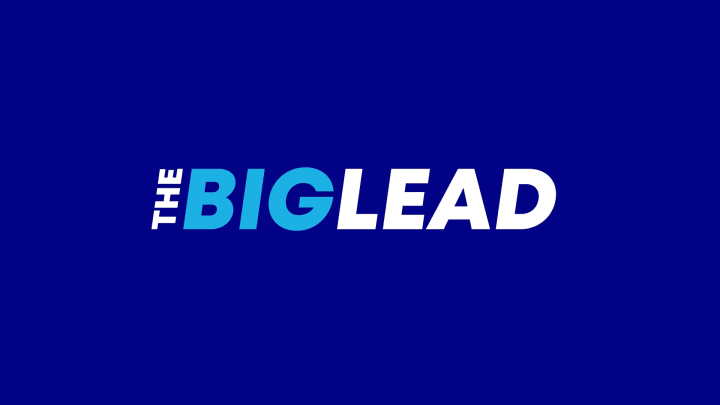Ted Wells and Lack of Independence Could Be the NFL's Downfall on Appeal
By Jason Lisk

Ted Wells’ independence when it comes to these NFL investigations has been frequently questioned. That certainly won’t change with the release of the transcript of the Brady appeal hearing. It could become a central issue in determining whether the punishment stands court scrutiny.
During that appeal hearing (transcript here), Ted Wells was called to testify. NFLPA attorney Jeffrey Kessler did a pretty good job of setting up issues for appeal. Brady is not going to win on appeal by factually arguing over whether Wells’ investigators determining that references to the Deflator were to needles rather than weight loss, or the significance of Brady’s increased texts and meetings with John Jastremski. Brady’s innocence or lack thereof may be of public concern, but the federal court will be reviewing the process.
When Kessler asked Wells about Jeff Pash’s involvement in the Wells Report, there was much hemming and hawing and talk about invoking the attorney-client privilege.
Q: Did you consider the NFL to be your client
for purposes of the attorney-client privilege —
A. Yeah.
Q. — with respect to the preparation of this investigative report?
A. Yes.
Did he provide written or oral comments?
A. Yes.
Wells went on to say he didn’t know the specific comments (after claims of privilege were asserted) but assumed “it was some kind of wordsmithing.” So, Jeff Pash saw drafts of the eventual Ted Wells’ report, and if this is to be believed, helped craft some of the phrasings and such to prep it for withstanding scrutiny. (Wells insists Pash did not shape the conclusions).
Kessler went on to point out in the hearing that Wells’ associate Lorin Reisner was both part of the investigation conducted this spring, and a key figure in the cross-examination of Tom Brady at the appeal hearing. Reisner, in fact, may have been the most involved in questioning Brady, appearing on page 100 and continuing for almost 50 pages. From pages 270-271 of the appeal transcript:
Q:So is it fair to say Mr. Reisner — is Paul, Weiss [Wells’ law firm] also being compensated for representing the NFL in this hearing, conducting cross-examination? Have they been hired as NFL counsel for that purpose?
A. As I understand it, again, if I can answer without waiving any privilege, in terms of cross-examining both the experts and cross-examining Mr. Brady since we had already examined him and done the work, everybody thought it would be more efficient —
MR. NASH: I am going to stop you right there, Mr. Wells. I don’t think this is an appropriate line of questioning and we are now getting into privilege. And I have to say it also isn’t relevant to any issue in Mr. Brady’s appeal.
MR. LEVY: Sustained.
Just so we are clear here, we have Ted Wells, hired as independent investigator for the league, talking about his associate, also working on cross-examining Brady at the appeal hearing, and explaining how everybody thought it would be more efficient– before Daniel Nash, attorney for the NFL Management Council, objected on privileged grounds, which was sustained by Gregg Levy, attorney for the NFL.
We’ve also seen the issue raised by the Patriots that they asked the league to look into the leaks that came out, as part of the Wells investigation. That was rejected in e-mails with Jeff Pash. On pages 310-311, Kessler plants the seeds for this when he inquires as to the scope of the investigation, asking Wells if he asked Troy Vincent or others involved in the league investigation for their e-mails or texts on the topic.
The NFL was billed by Wells’ firm in the range of $2.5 to $3 million for the work done up to the release of the report (p. 279), not including another $600,000 (p. 342) paid to Exponent as experts. That’s a lot of coin and effort on a topic that was more like a traffic offense, and it doesn’t include all the additional legal fees since May. A federal judge will now determine whether the process upon which all that money was spent was reasonable. The NFL fought to keep that transcript confidential (something which Kessler sought to have made public at the time for transparency) and it seems like someone should have made a better business decision long before now.